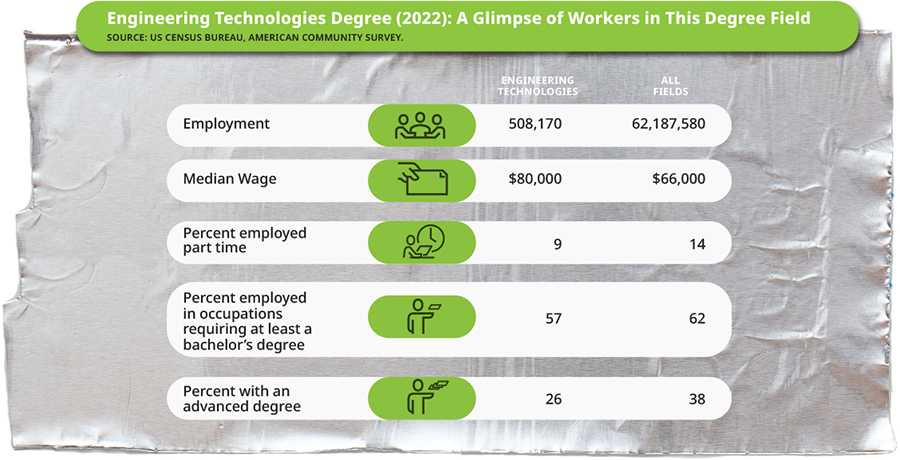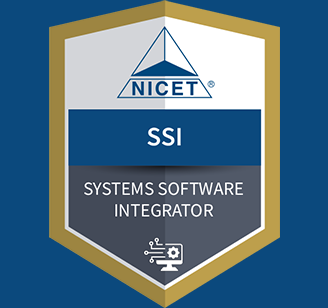November/December 2019
PE Report
Governors Release Licensure Reform Agendas
On October 8, the governors of Florida and Texas issued their agendas for tackling what they say are unnecessary laws and regulations related to occupational licensure.
These agendas are on the radar of the NSPE-led coalition the Alliance for Responsible Professional Licensing, as it responds to threats to professional licensure and seeks to improve public understanding of the importance of professional licensing standards.
Florida
Governor Ron DeSantis released his agenda on occupational licensure as part of his “deregathon” initiative. His statement emphasizes support for three types of legislation that he believes will remove unnecessary, burdensome regulations and increase opportunities for Floridians.
- Legislation to limit or remove requirements for professionals licensed through the Department of Business and Professional Regulation. This legislation should prohibit the DBPR from disciplining a current licensee and rejecting a prospective licensee based solely on a licensee defaulting or becoming delinquent on a federal or state-guaranteed student loan or scholarship obligation.
- A “global licensing” bill that would allow an individual’s occupational license in a county to be valid in all other Florida counties.
- A sunset bill to require the Florida Legislature to determine on a regular basis to reauthorize or remove each license.
The statement also announced the second phase of DBPR’s development of a Business Information Portal that will provide prospective business owners and professionals with an online resource to learn state and local requirements to become licensed or to start and operate a business.
Texas
Governor Greg Abbott released his agenda on prioritizing occupational licensing rules to the heads of state agencies.
His guidance says that executive branch agencies that issue and administer occupational licenses should reduce unnecessary and burdensome licensing regulations that hurt workers and consumers by:
- Assessing whether existing licensing regulations help or hinder Texans’ right to earn a living;
- Identifying less-restrictive alternatives to licensure, such as bonding, insurance, registration, or certification;
- Identifying other jurisdictions with licensing requirements that are substantially equivalent to Texas’ licensing requirements;
- Recognizing substantially equivalent out-of-state occupational licenses; and
- Accepting professional experience as a substitute for licensure in cases where a person moves to Texas from a state that does not license his or her occupation.
Abbott advises the agencies to reduce excessive educational and work experience requirements and expand the acceptance of online continuing education credits. He also wants agencies to reduce licensure application fees to 75% or less of the national average for equivalent or comparable occupations.
To reduce employment barriers for individuals with criminal records, agencies should limit exclusions to only those with criminal offenses that directly relate to the duties and responsibilities of the occupation.
In June, Abbott signed legislation (S.B. 37) that prohibits a licensing agency from taking disciplinary actions against a licensee or denying a licensure application based solely on whether the individual defaults on a student loan or is in breach of a student loan or scholarship contract. The legislation also repeals a code provision requiring the Texas Guaranteed Student Loan Corporation to notify a state licensing agency of licensees who default on loans guaranteed by the corporation.
Learn more about the Alliance for Professional Licensing.


 Volunteering at NSPE is a great opportunity to grow your professional network and connect with other leaders in the field.
Volunteering at NSPE is a great opportunity to grow your professional network and connect with other leaders in the field. The National Society of Professional Engineers (NSPE) encourages you to explore the resources to cast your vote on election day:
The National Society of Professional Engineers (NSPE) encourages you to explore the resources to cast your vote on election day:










